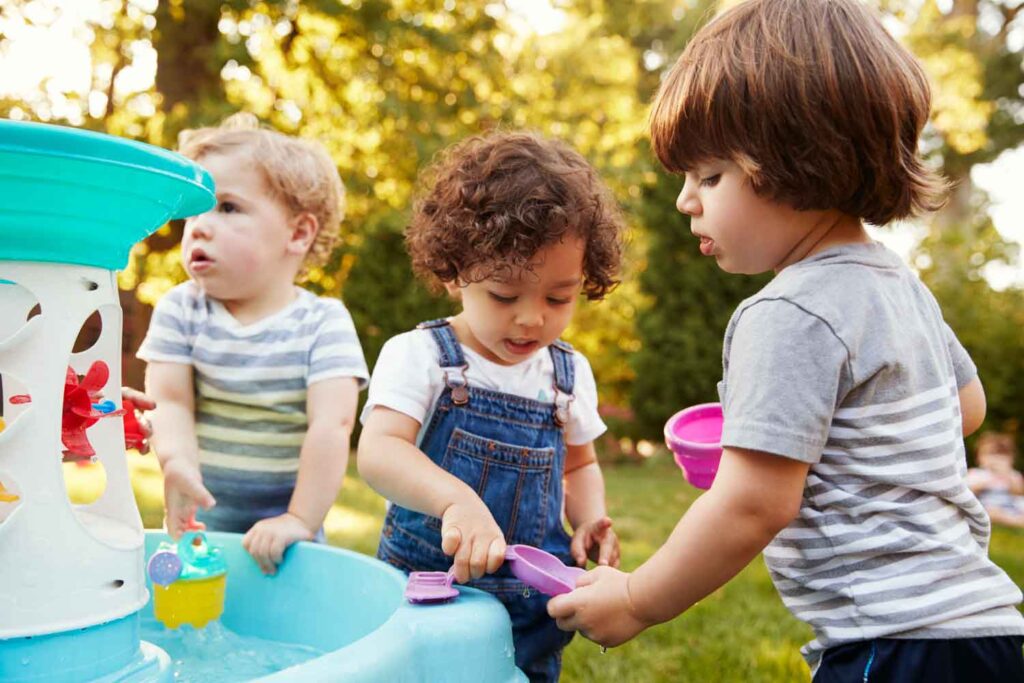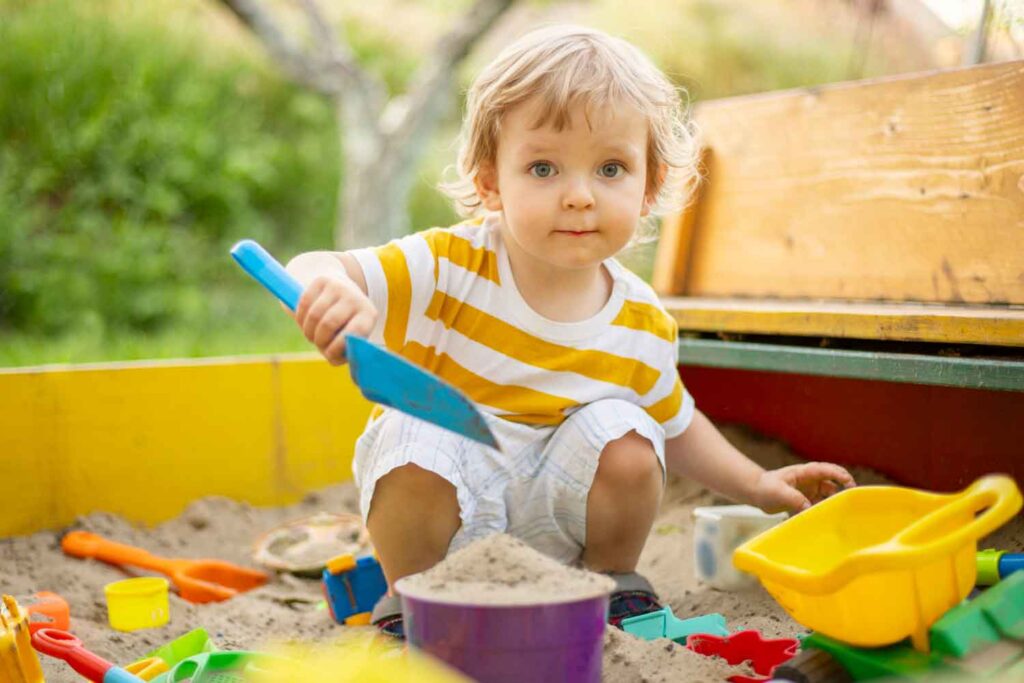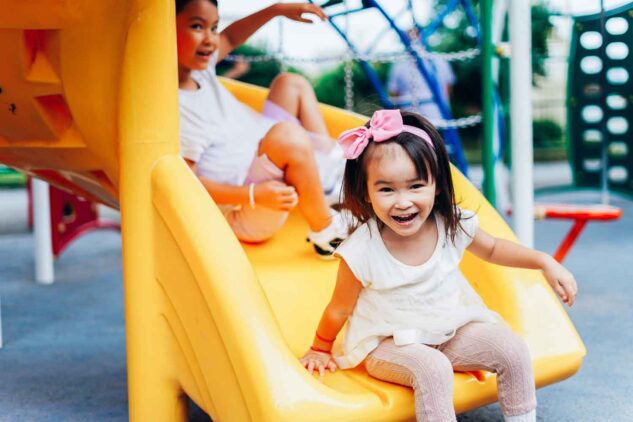Physical activity is a crucial aspect of early childhood development, offering a multitude of benefits for preschool children and toddlers. Not only does it lay the foundation for a healthy lifestyle, but it also plays a significant role in the overall growth and well-being of young children. In this blog post, we’ll explore why physical activity is so important for this age group.
1. Development of Motor Skills
Physical activity is instrumental in the development of both fine and gross motor skills in young children. Activities like running, jumping, throwing, and catching help improve coordination, balance, and agility. For toddlers and preschoolers, these skills are in a rapid development phase, and regular physical activity helps to enhance these essential motor skills.
2. Healthy Growth and Weight Management
Regular physical activity contributes to the healthy growth of children. It helps in maintaining a healthy weight, preventing childhood obesity, which is a growing concern globally. Engaging in active play ensures that children are using energy positively, contributing to strong bones, muscles, and joints.
3. Cognitive and Academic Benefits
There is a strong link between physical activity and cognitive development in young children. Active play stimulates brain growth and improves concentration, memory, and learning ability. This enhanced cognitive development can lead to better academic performance as children grow older.

4. Social Skills Development
Physical activity often involves interaction with peers, which is crucial for developing social skills. Activities like team sports or group games teach children about teamwork, cooperation, and following rules. It also provides opportunities for making friends and enhances their ability to communicate and solve problems together.
5. Emotional Well-being
Engaging in physical activity can significantly impact a child’s emotional health. It has been found to reduce symptoms of anxiety and depression in children. Active play allows children to express themselves, gain confidence, and improve their self-esteem.
6. Establishing Healthy Habits
Introducing physical activity at a young age sets the foundation for a lifetime of healthy habits. Children who are active are more likely to continue being active as they grow older. This early introduction to a healthy lifestyle can have long-term benefits, including reduced risk of various health issues like heart disease and diabetes.
7. Better Sleep
Physical activity has been shown to improve the quality of sleep in children. Active children tend to fall asleep faster and have a deeper, more restful sleep. Good sleep is essential for the physical and mental development of preschool children and toddlers.

Conclusion
Incorporating physical activity into the daily routine of preschoolers and toddlers is vital for their holistic development. It is not only about physical health but also about nurturing their mental, emotional, and social well-being. As caregivers and educators, encouraging and facilitating regular physical activity can make a significant difference in the early developmental stages of children.
Remember, the goal is to make physical activity a fun, enjoyable, and regular part of their lives. Whether it’s structured sports, playful activities in the park, or active family outings, the key is consistency and enjoyment. Let’s pave the way for healthier, happier, and more active future generations.

